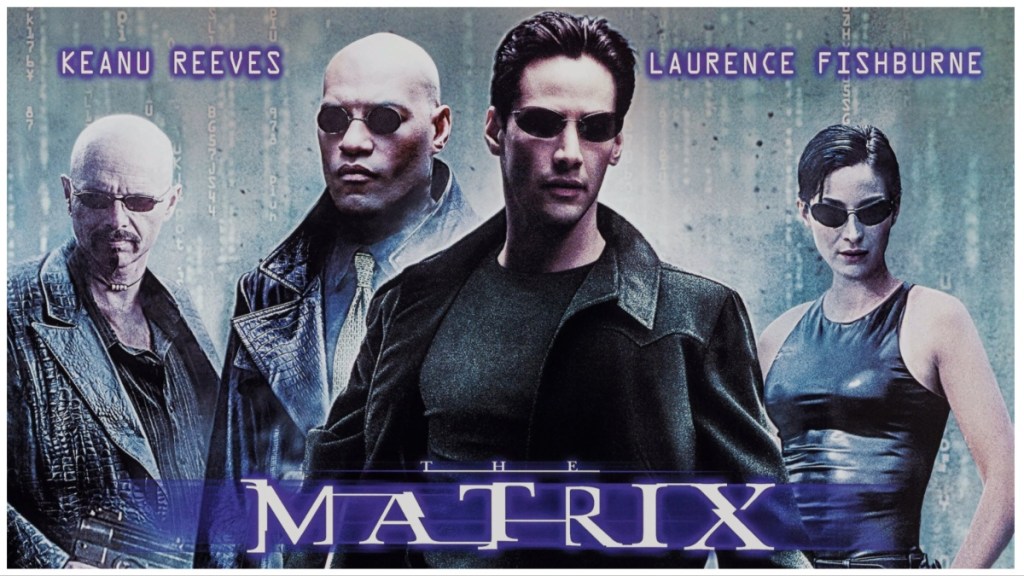The year was 1999. Sixteen years had passed since Return of the Jedi hit theaters. Now George Lucas was back with Star Wars: Episode I – The Phantom Menace, the first in a planned trilogy exploring the events leading up to 1977’s Star Wars. The hype was real. People flocked to shitty movies like Meet Joe Black to watch the teaser trailer. Posters depicting Anakin Skywalker flanked by Darth Vader’s shadow appeared around movie theaters. Radio and TV shows shared their opinions on every snippet of the film; people lined up in droves to get their hands on marketing material and toys. How high would he fly? James Cameron was shaking in his boots, wondering whether Star Wars would sink Titanic at the box office. The force was with Lucas, and we could not wait until May 16.
Except when that day arrived, The Phantom Menace was released, and then … vanished. Oh, sure, it enjoyed an astonishing run at the box office, pulling in $924.3M worldwide and landing behind Titanic and Star Wars on the all-time grossing films chart. Everyone saw it—everyone—but no one talked about it. Those that did (myself included) were of the “wait and see” variety. “Let George finish his vision before we judge,” we said. “This is only the introduction. Now he can go nuts!”
I worked at Camelot Music during this time. We held a promotion that Fall where we had to pre-sell as many copies of the film as possible for the Spring release. Many customers relayed their disappointment, remarking that The Phantom Menace paled against the original trilogy. Moreover, many at the time agreed that Lucas’ prequel got its ass kicked by the new kid on the block—The Matrix.
My first view of The Matrix occurred during the Super Bowl. During a commercial break, we were hit with a brief glimpse at Keanu Reeves performing “Bullet Time,” people dressed in black leather, and the eternal question: What is the Matrix? Thus was born a hefty marketing campaign that compelled audiences to hand over their hard-earned money to journey down the rabbit hole. The world went gaga for The Matrix, and the movie built more hype throughout the year.
Everyone talked about The Matrix. Everyone. I remember because I was a devout Phantom Menace apologist and spent many hours convincing people that it was summer’s best film. My friends were too busy dissecting the Wachowski siblings’ mind-blowing philosophy, bullet time, and where the next chapter might go to listen to my annoying ramblings. All agreed that the lobby fight trumped anything in cinemas that year, specifically Star Wars. Neo (Keanu Reeves) was the new Luke Skywalker, Trinity (Carrie-Anne Moss) was the new Leia, and Morpheus was the latest kick-ass sidekick.
The R-rating only enhanced its appeal among the younger crowd. Lucas’ PG-rated Star Wars felt corny and old-fashioned by comparison.
How much did people love The Matrix? My friends saw it at least a dozen times each—I’m not kidding. They had that movie memorized. Also, consider this: The Matrix opened to a decent $27M. Four years later, The Matrix Reloaded exploded out of the gate with $92M, a 240.741% increase over the first. People couldn’t wait to see more of Neo.
The Matrix revolutionized Hollywood. Watch any action film before The Matrix and then the slew of wannabes that followed. Night and day. Everything from the over-stylized fight sequences to Bill Pope’s green-coated cinematography found its way into the latest action epic.
By comparison, no one copied The Phantom Menace. There wasn’t a sudden resurgence in family-driven sci-fi fantasy adventures. Darker and grittier was the name of the game—a trend even Lucas followed with 2005’s PG-13 Revenge of the Sith. When Attack of the Clones rolled around, critics and audiences gravitated to Lord of the Rings, Harry Potter, and Spider-Man. Star Wars continued (and will likely always continue) to make money — it’s simply too big to fail — but Lucas’ inability to present something new to his beloved franchise ultimately left Phantom and its subsequent sequels in the dust, at least in terms of pop cultural significance. (Ironically, The Matrix Reloaded and Revolutions failed for that same reason: an inability to present anything as groundbreaking as its predecessor.)
Don’t believe me? Look up any “Greatest Films of the 1990s” article and note how often The Phantom Menace appears. Rolling Stone left it off its Top 100 Films of the 90s list, a list that includes Billy Madison for cripe’s sake. The Matrix landed at No. 15. Phantom does emerge in articles detailing the most disappointing films ever. Ouch.
Look, I enjoy all of the Star Wars prequels. They’re not very good, but they also contain some, ah, good things. I saw The Phantom Menace at least four or five times in the theater and will likely see the re-release this May. I enjoy the spectacle, the action, and John Williams’ bombastic score. For years, I defended Lucas’ vision from naysayers. Even now, far removed from the hype, I appreciate the prequels for what they are rather than dwelling (too hard) on their numerous shortcomings. Not exactly a ringing endorsement.
Conversely, The Matrix stands as a cinematic miracle, hailed as one of the finest and most influential films ever made — a perfect fusion of gripping action and profound science fiction that only improves with each viewing. Simply put, it embodies the groundbreaking vision we had hoped The Phantom Menace would deliver.
Who knows? Perhaps Star Wars would have dazzled that summer without The Matrix casting such a colossal shadow over it. Maybe Lucas would have sparked a resurgence of classic family adventure films that continued into the next decade. Or perhaps The Matrix merely accentuated the numerous flaws of The Phantom Menace.
At any rate, it’s plain to see, all these years later, that Neo kicked George Lucas’ ass.










